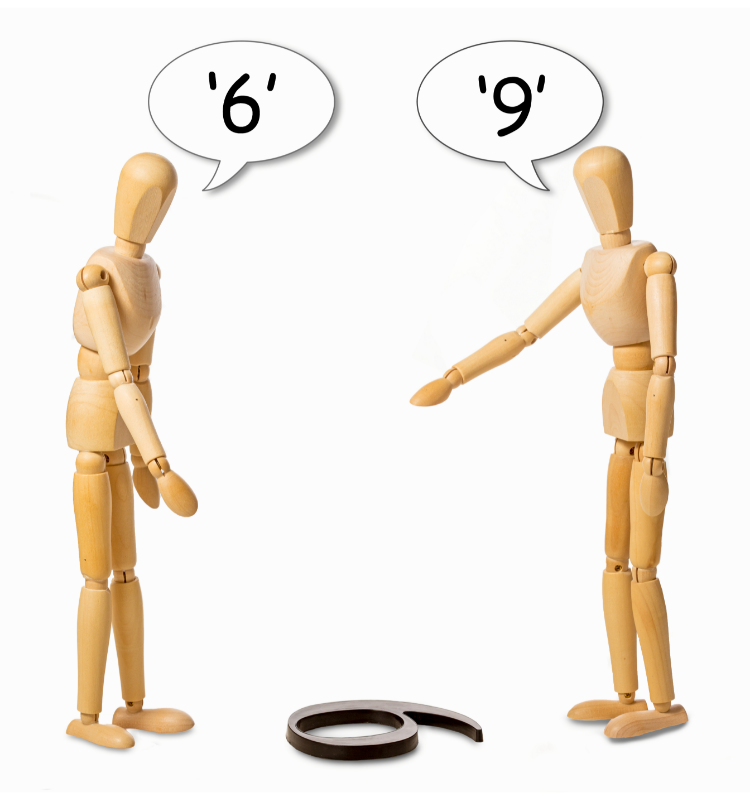Descartes on mechanicism
By redefining thinking about the nature of the universe, Descartes revolutionized not only the world of philosophy, but the entire world. Previously, Aristotelian physics had been the predominant worldview of the Western world, which, simply summarized, assumed a universe full of purposes and inherent qualities. Everything had a fixed task to follow or goals to strive for.
Instead, Descartes argued that the physical world operates according to mechanical laws, similar to machines built by humans that have no purpose or will of their own.
The following quote sums up Descartes' concept of the mechanistic view of the world and comes from his work "Principles of Philosophy", which was published in 1644:
"I have described this earth and the entire visible universe as a machine..."
- René Descartes
With this statement, Descartes sums up his view of the universe as a huge, complex machine controlled by physical laws. This mechanistic view was a clear departure from the more organic, sense-oriented view of the universe. Descartes' comparison of the universe to a machine underlines his belief in the predictability, order and regularity of the physical world, which can be understood and explained through the principles of mechanics and mathematics.
This view arose from several central aspects of Descartes' thinking. Always fascinated by mathematics, it formed the basis for understanding and explaining the physical world. His development of the Cartesian coordinate system, which combined algebra and geometry, reflected his conviction that the workings of the universe could be understood in mathematical terms. He believed that the movements and properties of physical objects could be described mathematically in the same way as geometric shapes. To this end, he transferred points in the Cartesian coordinate system to an x-axis and a y-axis to describe points in space. He thus revolutionized geometry and laid the foundation for modern analytical geometry by combining algebra and geometry in a completely new way.
The ability to describe physical space mathematically reinforced Descartes' mechanistic view of the universe. Just as the parts of a machine can be precisely measured and described, the components of the physical world can also be understood on the basis of their positions and movements in space.

Descartes came up with the mechanistic concept partly because the discoveries in astronomy, physics and anatomy of his time suggested that natural phenomena could be explained by physical processes. In contrast to Aristotelian thinking, which referred to properties such as "essence" or "telos", the final goal or the final state that something should strive for in itself.
Descartes' famous mind-body dualism also played a role. He considered the mind to be a non-material, thinking substance distinct from the material, extended substance of the body. This separation enabled him to view the physical world (including the human body) as purely mechanical, functioning independently of the mind or soul.
If you would like to read more about Descartes' views on consciousness, go this way.
It is also interesting to note that although Descartes was a mechanist, he still believed in God. He saw God as the creator of the universe, who set it in motion according to mechanical laws. This view is consistent with the deist perspective, according to which God is like a clockmaker who builds a clock, winds it up and makes it run according to its mechanisms. Thus, although the prevailing image in the West has changed, this concept still differs fundamentally from that of many Eastern worldviews, in which things are neither guided and determined by any governing or planning entity as in the classical deistic sense, as in Christianity, nor do they act in a construct according to its properties and rules, but arise and are of their own accord.
Descartes' mechanistic view of the universe was revolutionary for his time and had a significant influence on the development of modern science. It laid the foundation for later scientists such as Isaac Newton, who further developed the idea of the universe as a machine controlled by universal laws.







